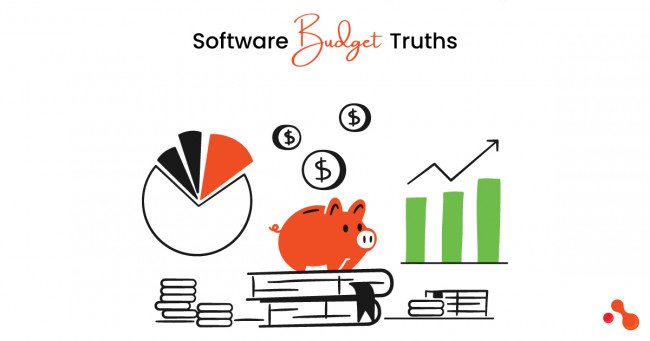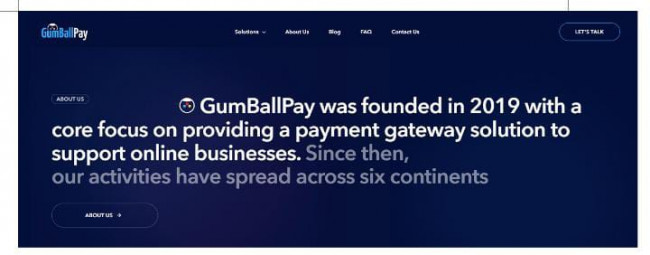Introduction:
Real estate tokenization is an innovative way of digitizing real estate assets using blockchain technology. It involves dividing a real estate property into digital tokens that can be bought and sold by investors, providing them with fractional ownership of the asset. In this article, we will explore the basics of real estate tokenization, its benefits, and challenges.
What is Real Estate Tokenization?
Real estate tokenization is the process of creating digital tokens that represent ownership in a real estate property. These tokens can be bought and sold on a blockchain-based platform, allowing investors to invest in real estate with lower minimum investments and without the need for traditional intermediaries such as banks or brokers.
Tokenization is achieved through the use of smart contracts, which are self-executing computer programs that automatically enforce the rules and conditions of the agreement between the token issuer and the investor. These contracts are stored on a blockchain, a decentralized digital ledger that provides transparency, security, and immutability.
Benefits of Real Estate Tokenization:
Fractional Ownership: Real estate tokenization allows investors to own a fraction of a property, making it possible for them to invest in real estate with lower minimum investments. This opens up the real estate market to a wider range of investors who may not have the capital to invest in traditional real estate deals.
Liquidity: Tokenization provides liquidity to real estate investments. Since tokens can be traded on blockchain-based platforms, investors can buy and sell their investments at any time, eliminating the need for lengthy legal and financial procedures.
Transparency: Blockchain technology provides transparency and immutability, making it possible to track every transaction and ownership change on the platform. This ensures that investors have access to accurate and up-to-date information about the property.
Efficiency: Tokenization eliminates the need for intermediaries such as banks and brokers, reducing transaction costs and increasing efficiency. This makes real estate investing accessible to a wider range of investors and allows them to benefit from lower fees.

Challenges of Real Estate Tokenization:
Legal and Regulatory Framework: Real estate tokenization is a relatively new concept, and regulatory frameworks have not yet caught up with the technology. This creates uncertainty for investors and makes it difficult for token issuers to navigate the legal landscape.
Market Acceptance: Real estate tokenization is still a new concept, and not all investors are familiar with the technology. This creates a challenge for token issuers, who must educate potential investors about the benefits and risks of investing in real estate tokens.
Security: While blockchain technology provides security and immutability, it is still vulnerable to hacking and cyber attacks. This poses a risk to investors, who must trust the platform and its security measures.
Real estate tokenization is a rapidly emerging concept in the world of real estate investment. Tokenization refers to the process of converting a physical asset, such as a real estate property, into digital tokens that can be traded on a blockchain network. This allows investors to purchase fractional ownership in a property, making real estate investment more accessible, liquid, and secure.
We will provide a comprehensive overview of real estate tokenization, including its benefits, challenges, and potential impact on the real estate industry.
The Basics of Real Estate Tokenization
To understand real estate tokenization, it is important to first understand the basics of blockchain technology. Blockchain is a decentralized, digital ledger that records transactions in a transparent and secure manner. Each block in the chain contains a cryptographic hash of the previous block, ensuring the integrity and immutability of the ledger.
Tokenization leverages the blockchain technology to create digital tokens that represent ownership in a physical asset. In the case of real estate, a property is divided into fractional ownership units, each of which is represented by a digital token. These tokens can then be traded on a blockchain network, providing investors with a more liquid and accessible means of investing in real estate.
Benefits of Real Estate Tokenization
Real estate tokenization has several advantages over traditional real estate investment models. First and foremost, it makes real estate investment more accessible to a wider range of investors. By reducing the minimum investment amount, tokenization allows investors to participate in real estate investments with smaller amounts of capital. This democratizes real estate investment and opens up the market to a larger pool of investors.
Tokenization also increases liquidity in the real estate market. Traditional real estate investments can be illiquid, with investors often needing to hold onto their investment for several years before being able to sell. In contrast, digital tokens can be easily traded on a blockchain network, providing investors with a more liquid investment vehicle.
Real estate tokenization also increases transparency and security in real estate transactions. Blockchain technology ensures that all transactions are recorded on a transparent and immutable ledger, reducing the risk of fraud and increasing transparency in the investment process.
Challenges of Real Estate Tokenization
Despite the potential benefits of real estate tokenization, there are several challenges that need to be addressed. One of the main challenges is regulatory compliance. The legal framework surrounding real estate tokenization is still evolving, and there is a need for clear regulations to ensure that tokenization is conducted in a safe and compliant manner.
Another challenge is the lack of standardization in the tokenization process. The lack of standardization makes it difficult for investors to compare different investment opportunities and for issuers to ensure compliance with regulatory requirements.
Finally, the lack of awareness and education about real estate tokenization is also a challenge. Many investors and issuers are not familiar with the concept of tokenization, and there is a need for education and awareness campaigns to increase understanding and adoption of the technology.
Real World Examples of Real Estate Tokenization
Despite the challenges, real estate tokenization is already being implemented in several real world examples. One notable example is the St. Regis Aspen Resort in Colorado, which was tokenized by a company called Indiegogo and sold to investors through a security token offering (STO). The tokens represented fractional ownership in the property, and investors received a share of the revenue generated by the resort.
Another example is the Aspen Coin, which was launched by a company called Elevated Returns.
In addition to these examples, there are several other real estate projects that have been tokenized or are in the process of being tokenized. These include commercial properties, residential properties, and even real estate investment trusts (REITs).
Conclusion:
Real estate tokenization is an innovative way of investing in real estate that offers numerous benefits to investors. Fractional ownership, liquidity, transparency, and efficiency are just a few of the advantages of this technology. However, there are also challenges that must be overcome, including legal and regulatory frameworks, market acceptance, and security.
As blockchain technology continues to evolve and become more widely adopted, real estate tokenization is likely to become an increasingly popular way of investing in real estate.
















